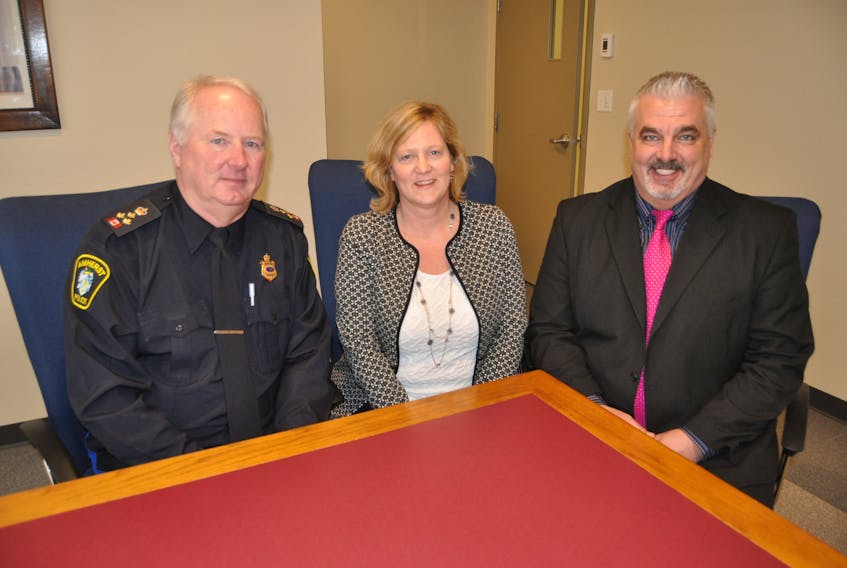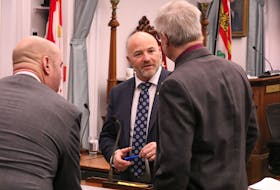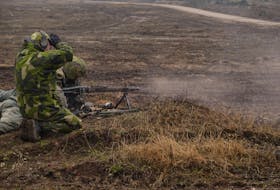AMHERST, N.S. – When it comes to dealing with sexual assault victims, things are not always as they seem.
That’s because trauma affects a different part of the brain than the cerebral cortex, where our logical “thinking brain” is used for everyday interaction, according to Susan Wilson, provincial coordinator of the Sexual Assault Nurse Examiner (SANE) Program.
“It’s a matter of understanding trauma, understanding that fear is at the core of trauma, and understanding how the brain processes trauma,” said Wilson. “A different part of our brain is affected by trauma, and we shouldn’t expect the same kinds of reactions we traditionally have. We’ve gone way off centre where we should be with regards to how we treat victims of sexualized violence.”
When experiencing fear, a common reaction is to “freeze” rather than scream or fight or run, and this can create a perception of submission or even consent to the uninformed observer, she explained.
Wilson was in Amherst recently to assist with a two-day workshop on Trauma Informed Response to Sexualized Violence for members of the Amherst Police Department and other police officers.
Also on hand was Mark Hobeck, a public safety and policing services consultant with the department of justice, who explained the workshop is a province-wide effort to better equip officers to communicate and deal with victims of violence so as not to re-victimize them.
“Your first contact with victims can not only make or break your file as an investigator, but it can either provide a positive, nurturing experience for the victim, or it can be devastating to the victim if not applied properly,” he said.
With the recent workshop, every full-time officer with the Amherst Police Department (besides soon-tio-retire chief Ian Naylor) has received the training, a claim no other police force in the province can make, according to Hobeck. Also on hand for the recent session were RCMP officers and officers from other municipal agencies such as Stellarton, Westville and Truro.
Naylor recognized a need for this training and was trying to line it up last year, before it became a provincewide initiative.
“Police want to get it right, and feel we’re going to to be able to do a better job for victims,” said Naylor. “We want them to understand we do care, we do believe them, we want to be sensitive to their needs, and this course provides skills to be able to do a better job at that.”
Members receive instruction on such things as the legal aspect of these types of investigations, techniques and approaches to interviewig survivors, and the appropriate language to use when documenting an investigation.
Feedback from officers has been positive, according to Hobeck.
“For the most part, what we’ve found is that, even though they are long days, no one is really itching to get out the door,” he said. “They seem to want more information, and it seems to be very positive at this point.”









